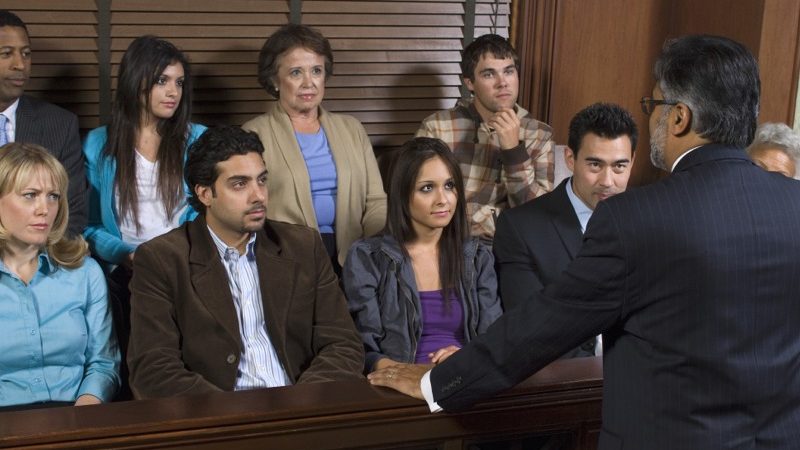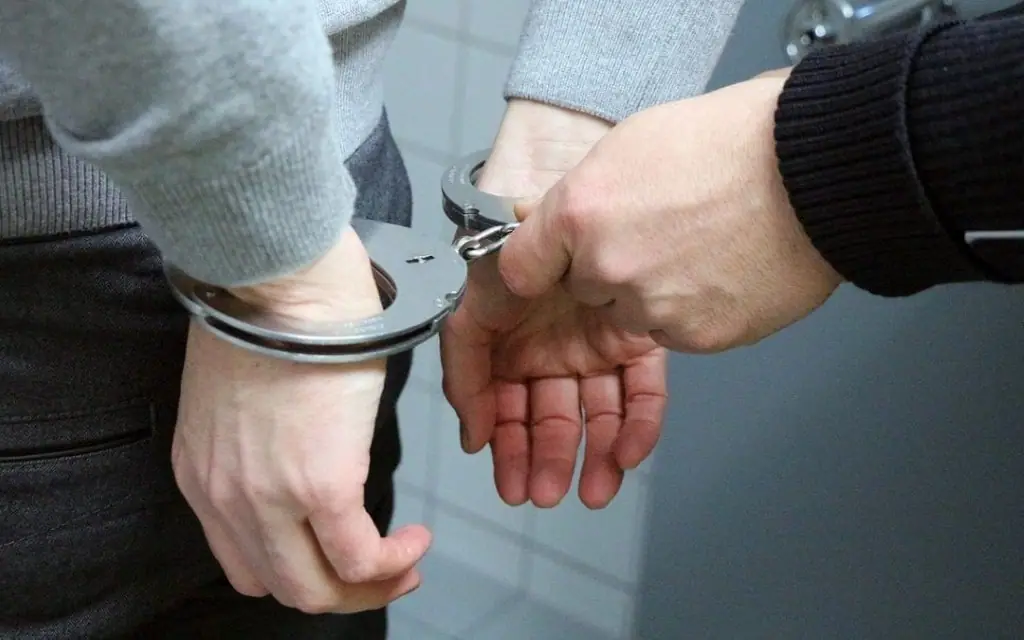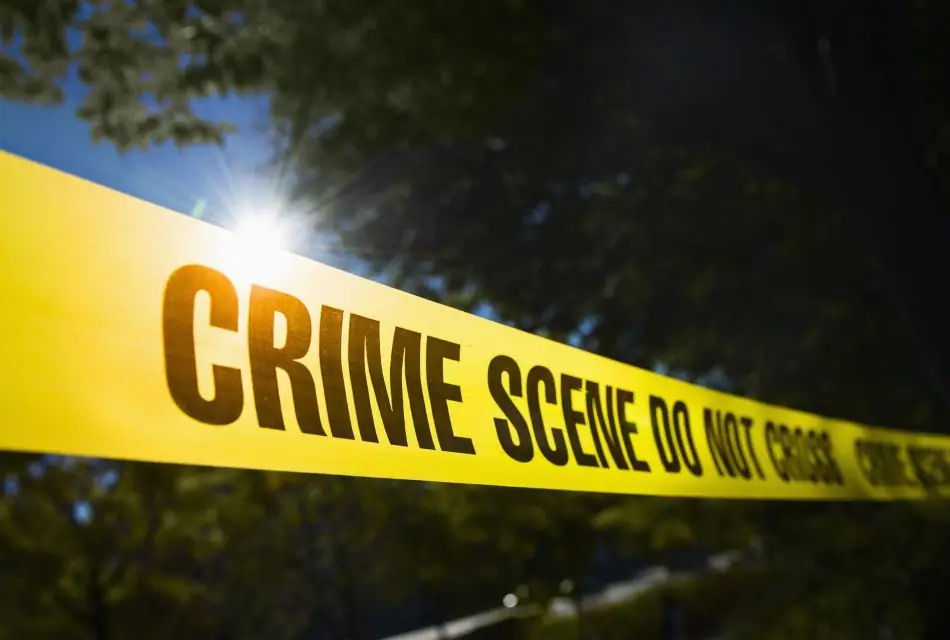In the complex and often mysterious world of criminal law, the role of a jury stands as a cornerstone of justice. A jury is an integral part of a criminal trial, playing a crucial role in determining the guilt or innocence of the accused. In this article, we will delve into the responsibilities, significance, and functioning of a jury in a criminal trial.
The Selection of a Jury: A Critical Prelude
Before we can understand the role of a jury in a criminal trial, it’s essential to grasp how a jury is selected. The process typically involves a random pool of eligible jurors, often drawn from voter registration lists or other sources. Potential jurors undergo a screening process, where they may be questioned by the prosecution and defense, ensuring that they can be impartial and unbiased. The final composition of the jury is decided through a selection process known as “voir dire.”
Determining the Facts of the Case
Once a jury is selected, their primary duty is to listen to the evidence presented during the trial and make determinations of fact. This means they must carefully consider the testimonies, physical evidence, and arguments presented by both the prosecution and the defense. Their task is to determine what actually happened in the case, with the burden of proof resting on the prosecution. It’s crucial to understand that the jury does not decide matters of law, such as the admissibility of evidence or the interpretation of statutes. Their role is limited to establishing the facts.
Presumption of Innocence and the Prosecution’s Burden
One of the fundamental principles of any criminal trial is the presumption of innocence. Every defendant is presumed innocent until proven guilty beyond a reasonable doubt. It is the prosecution’s responsibility to meet this high standard of proof. The jury plays a critical role in upholding this principle by carefully evaluating the evidence and ensuring that the accused is not convicted without a solid case against them.
Jury Deliberation: The Heart of the Process
After both the prosecution and the defense have presented their cases, the jury retires to a deliberation room to discuss the evidence and reach a verdict. During deliberation, jurors are expected to engage in open and thoughtful discussions to reach a unanimous decision. In some cases, a unanimous decision may not be possible, and a hung jury, where jurors cannot reach a consensus, may result. In such instances, a mistrial is declared, and the case may be retried with a new jury.
The Role of the Jury in Sentencing
In certain criminal cases, the jury’s responsibilities extend beyond determining guilt or innocence. For example, in some jurisdictions, the jury may also be involved in the sentencing phase of the trial. In such cases, they determine the appropriate punishment within the bounds of the law, such as deciding between a range of possible prison terms. However, in many jurisdictions, especially in federal courts, the judge handles the sentencing independently after receiving input from the jury, if applicable.
1. Can a jury make legal determinations in a criminal trial? No, the jury’s role is primarily to determine the facts of the case, not the application of the law. They leave matters of law to the judge, who instructs the jury on the relevant legal principles.
2. What happens if a jury cannot reach a unanimous decision? If a jury cannot reach a unanimous decision, it results in a hung jury, and a mistrial is declared. The case may be retried with a new jury.
3. Do all criminal trials have a jury? Not all criminal trials have a jury. In some cases, the defendant may opt for a bench trial, where the judge alone decides the verdict. However, in most serious criminal cases, a jury is involved.
4. How are jurors selected, and can they be biased? Jurors are selected from a random pool of eligible individuals, and they undergo a screening process to ensure they can be impartial. However, biases can still exist, and it’s the responsibility of both legal teams to identify and address potential biases during jury selection.
5. What happens if a juror is found to be biased during the trial? If a juror is found to be biased or has an undue influence on the jury’s decision, it can lead to a mistrial. The trial will be stopped, and the case may be retried with a new jury.
In Conclusion
The role of a jury in a criminal trial is paramount to the pursuit of justice. Jurors are tasked with determining the facts of the case, upholding the presumption of innocence, and ensuring that the accused is not convicted without a solid case against them. Their service is essential to the fair and impartial administration of criminal justice, reflecting a fundamental principle of democratic societies.







